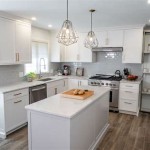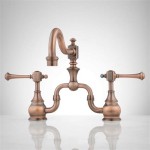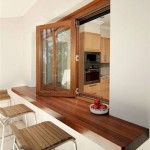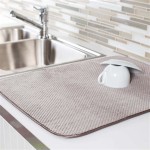When you think of laminate flooring, it’s common to think of it as an affordable alternative to hardwood flooring. But laminate flooring offers much more than a cost-effective solution — it’s also a viable option for kitchen flooring. Laminate kitchen flooring offers a range of benefits, from easy installation to low-maintenance upkeep, and it may be the perfect choice for your home.
The Benefits of Laminate Kitchen Flooring
Laminate flooring is a great choice for kitchen flooring for several reasons. It is durable, water-resistant, and easy to clean — all important factors when choosing flooring for a kitchen. It is also available in a variety of colors and styles, allowing you to find the perfect look for your kitchen. Additionally, laminate kitchen flooring is easy to install, making it a great DIY project.
Laminate kitchen flooring is also a great option for busy households. It is scratch-resistant and doesn’t require much maintenance, making it an ideal choice for areas that see a lot of foot traffic. Laminate kitchen flooring is also resistant to staining, which is important in a kitchen where spills are likely to happen. Finally, laminate flooring is easy to replace, so if it does get damaged, it is easy to replace it with a new piece.
The Drawbacks of Laminate Kitchen Flooring
While laminate kitchen flooring is a great option for many households, there are some drawbacks to consider. Laminate kitchen flooring does not offer the same level of warmth, comfort, or sound absorption as hardwood flooring. Additionally, laminate kitchen flooring can be susceptible to water damage, so it’s important to be vigilant about cleaning up spills. Finally, laminate flooring can be susceptible to fading over time, so it’s important to use a sealant to protect the color and prevent fading.
Making the Right Choice for Your Home
When considering which type of kitchen flooring to choose, it’s important to weigh the benefits and drawbacks of each option. Laminate kitchen flooring offers the convenience of easy installation and low-maintenance upkeep, but it may not offer the same level of warmth, comfort, or sound absorption as hardwood flooring. Ultimately, the best choice for your home will depend on your lifestyle and budget.















Related Posts








